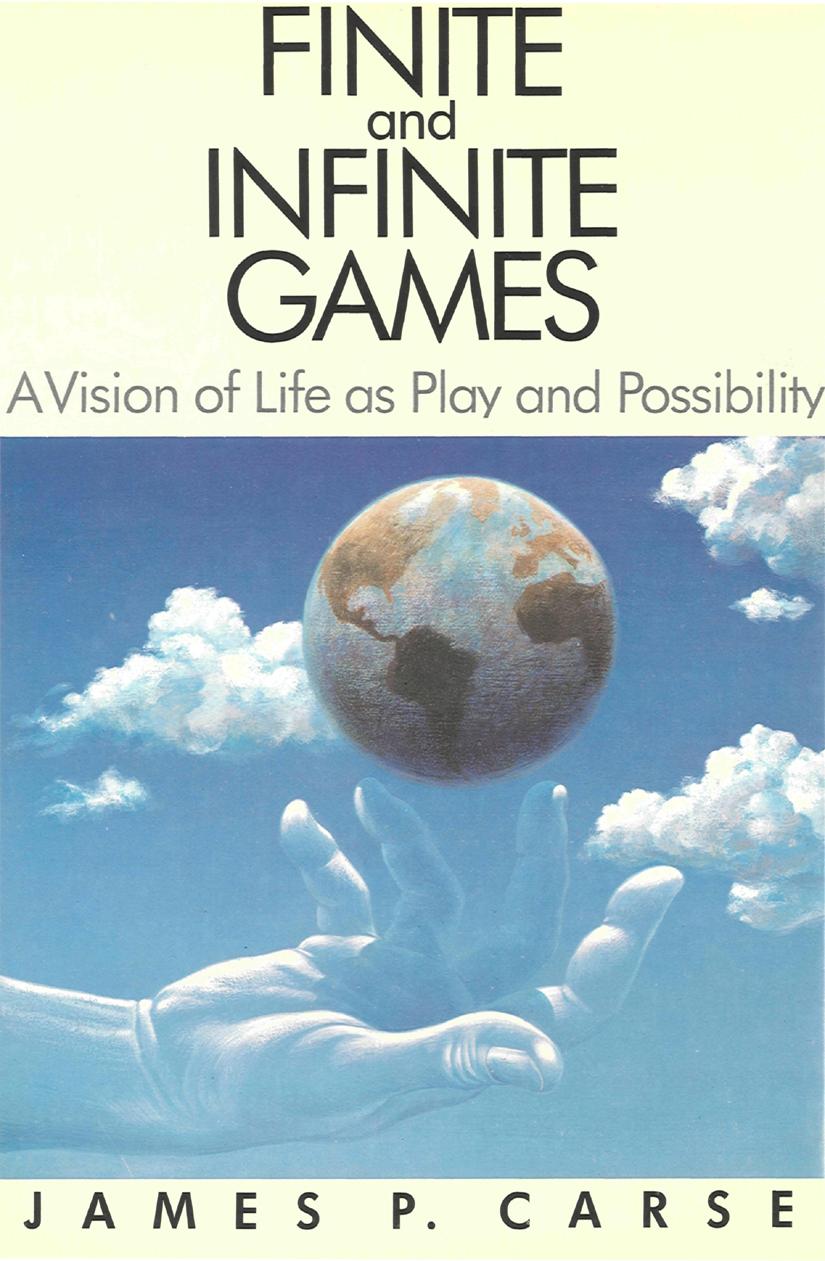Highlights from Finite and Infinite Games by James Carse

Highlights from this book
-
The term “abstract” is used here according to Hegel’s familiar definition of it as the substitution of a part of the whole for the whole, the whole being “concrete.”
-
Seriousness always has to do with an established script, an ordering of affairs completed somewhere outside the range of our influence. We are playful when we engage others at the level of choice, when there is no telling in advance where our relationship with them will come out—when, in fact, no one has an outcome to be imposed on the relationship, apart from the decision to continue it.
-
seriousness is a dread of the unpredictable outcome of open possibility.
-
abstract past, but one’s own personal past. To be prepared against surprise is to be trained. To be prepared for surprise is to be educated.
-
life is viewed by a finite player as the award to be won,
-
Evil arises in the honored belief that history can be tidied up, brought to a sensible conclusion.
-
both adopted and transformed in its adoption. Properly speaking, a culture does not have a tradition; it is a tradition.
-
A horizon is a phenomenon of vision. One cannot look at the horizon; it is simply the point beyond which we cannot see. There is nothing in the horizon itself, however, that limits vision, for the horizon opens onto all that lies beyond itself. What limits vision is rather the incompleteness of that vision. One never reaches a horizon. It is not a line; it has no place; it encloses no field; its location is always relative to the view. To move toward a horizon is simply to have a new horizon. One can therefore never be close to one’s horizon, though one may certainly have a short range of vision, a narrow horizon.